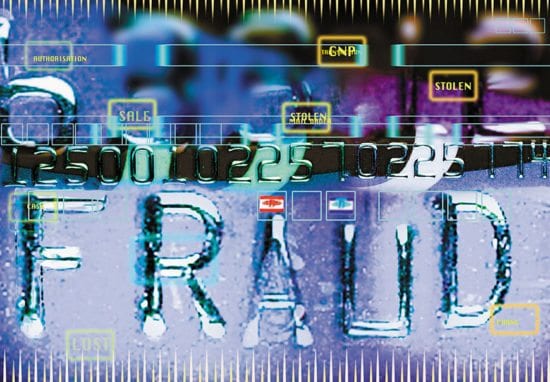It has been reported that banks and building societies will have stronger incentives to prevent scams happening in the first place, as well as having to reimburse victims who have been tricked into transferring money to a fraudster, under a regulator’s proposals. The Payment Systems Regulator (PSR) has published a consultation to usher in greater consumer protections from authorised push payment (APP) scam losses. Kate Fitzgerald, interim head of policy at the PSR, told the PA news agency that the plans would ensure a more consistent approach for customers, “levelling the playing field”.
The opinions expressed in this post belongs to the individual contributors and do not necessarily reflect the views of Information Security Buzz.



